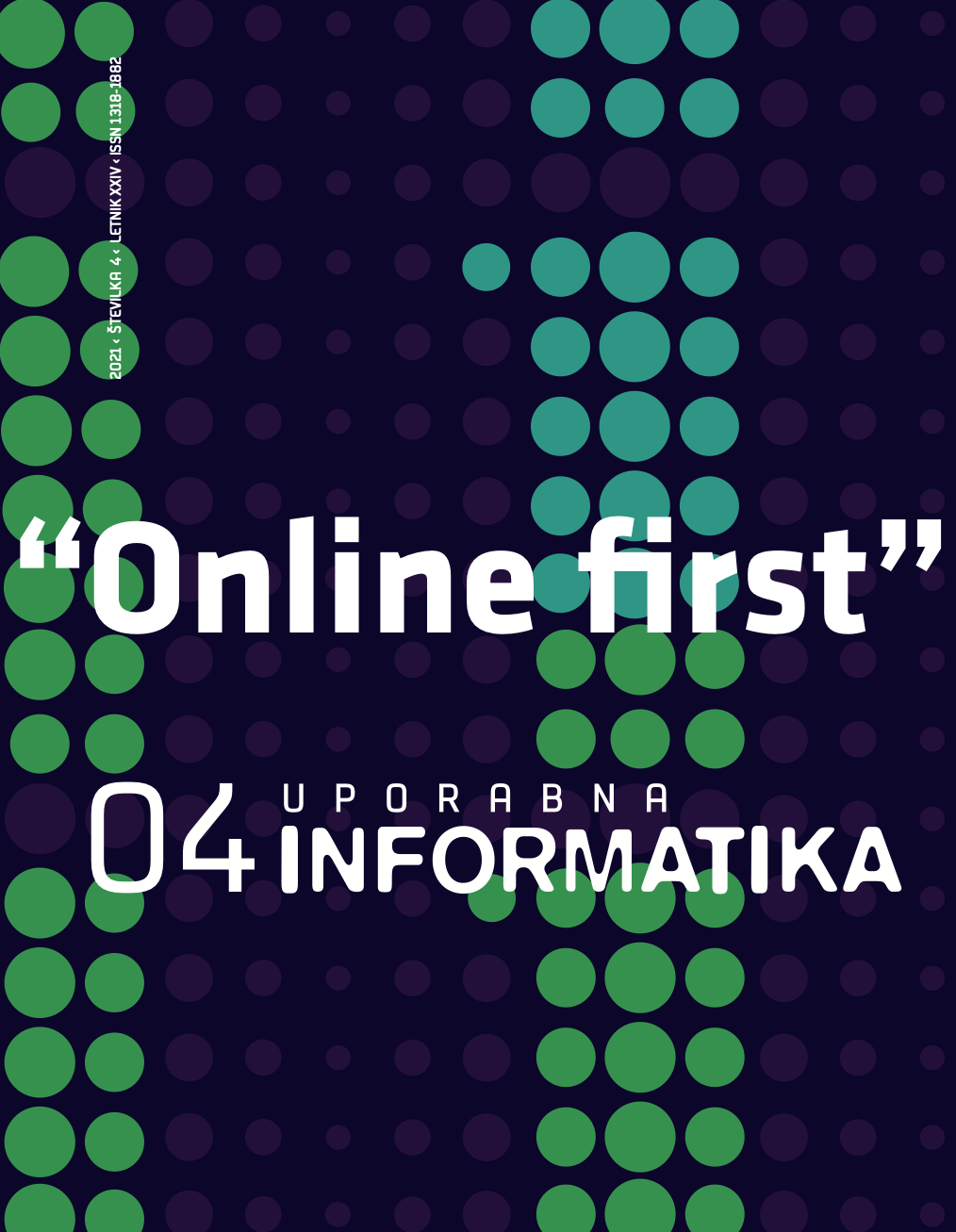(R)evolution of Slovenian Healthcare through the methods of Artificial Intelligence: An Assessment of Financial Benefits in the Case of HomeDOCtor
DOI:
https://doi.org/10.31449/upinf.262Keywords:
HomeDOCtor, Healthcare, Artificial Intelligence, Large Language Models, Healthcare SavingsAbstract
After years of promises that artificial intelligence (AI) will reform healthcare, healthcare systems around the world and in Slovenia, still face serious problems. In this article, we tested the abilities of the HomeDOCtor and GPT-4o in answering medical questions. Additionally we also analyzed how HomeDOCtor could help with the problem slovenian Healthcare system is facing and what could be the financial benefits of Slovenia by incorporating it into its healthcare system. The test results showed that both HomeDOCtor and GPT‑4o answer medical questions very well, with HomeDOCtor being able to provide users with additional material in its answers. The financial assessment of the savings suggests that the Slovenian healthcare system could save between 19 and 350 million annually by introducing a system like HomeDOCtor.






